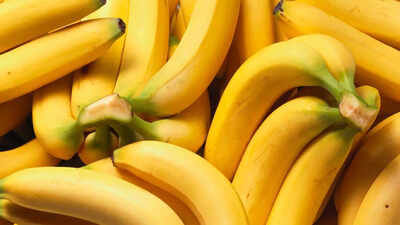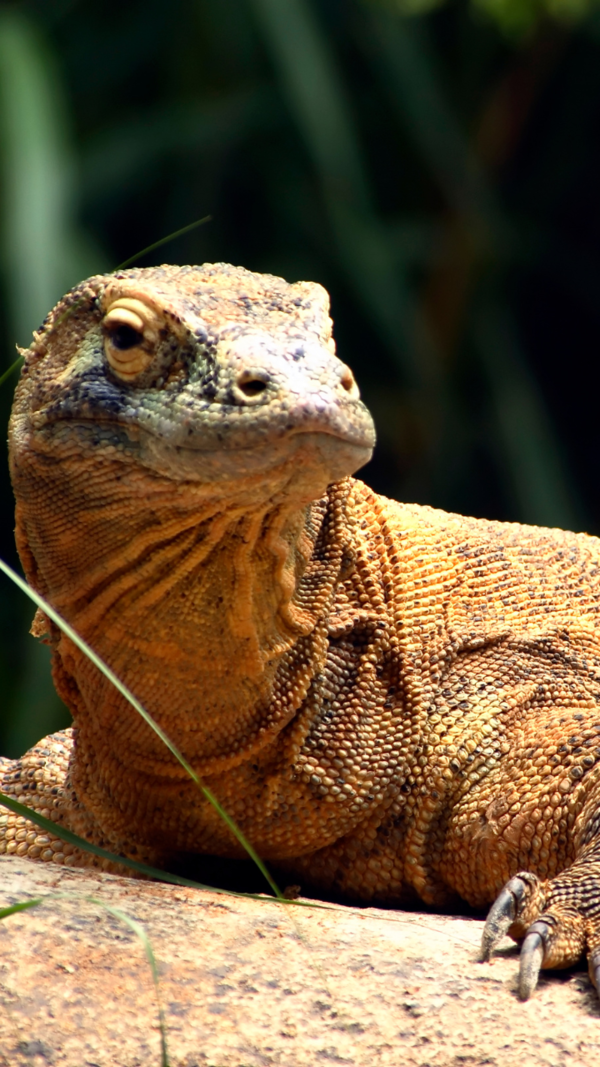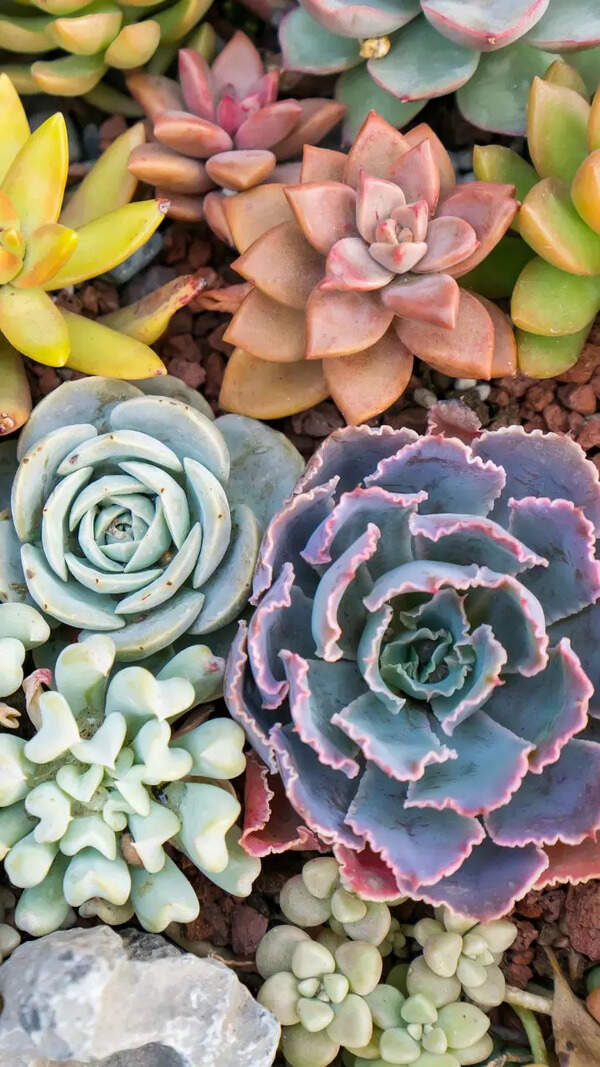Trending
Why should you avoid eating too much bananas in kidney issues
Bananas, while nutritious, pose risks for individuals with kidney issues due to their high potassium content. Compromised kidney function can lead to hyperkalemia, affecting heart health. Dialysis patients need extra caution and should consider lower-potassium fruits like apples and berries, consulting with healthcare professionals for personalized dietary guidance.
Bananas are one of the most popular and nutritious fruits around rich in fiber, vitamin B6, and natural sugars. However, when it comes to kidney health, especially in people with chronic kidney disease (CKD) or other kidney-related issues, too much banana can actually be harmful. Here's why.
High in Potassium
Bananas are naturally high in potassium, a mineral that's essential for muscle function, nerve health, and heart rhythm. But in people with compromised kidney function, the body cannot filter out excess potassium efficiently. This can lead to a condition called hyperkalemia — where potassium levels in the blood become dangerously high, potentially causing irregular heartbeat or even cardiac arrest.
Balance Electrolytes

Risk to Heart Health
Too much potassium doesn’t just affect the kidneys — it directly impacts your heart. Symptoms of excess potassium include muscle weakness, fatigue, numbness, and dangerous heart arrhythmias. For kidney patients, even one or two bananas a day can contribute to dangerously high potassium levels if not monitored properly.
Dialysis Patients Need Extra Caution
People on dialysis are particularly vulnerable. Dialysis helps remove waste and excess fluids, but it doesn’t always remove potassium completely. That’s why many dialysis patients are placed on a low-potassium diet, and bananas — along with other high-potassium fruits like oranges, avocados, and potatoes — are usually restricted.
Portion Control Matters
This doesn't mean bananas must be completely eliminated. In early stages of kidney disease or under proper dietitian guidance, small amounts may be okay depending on individual potassium levels. However, self-medicating with “healthy fruits” without monitoring can backfire when it comes to kidney care.
Safer Alternatives
If you're craving fruit but need to control potassium intake, lower-potassium fruits like apples, berries, grapes, and watermelon are often safer options. Always consult with a nephrologist or renal dietitian to tailor your fruit intake to your specific condition.

About the Author
TOI Lifestyle DeskEnd of Article
Follow Us On Social Media
Visual Stories
Tired of too many ads?










